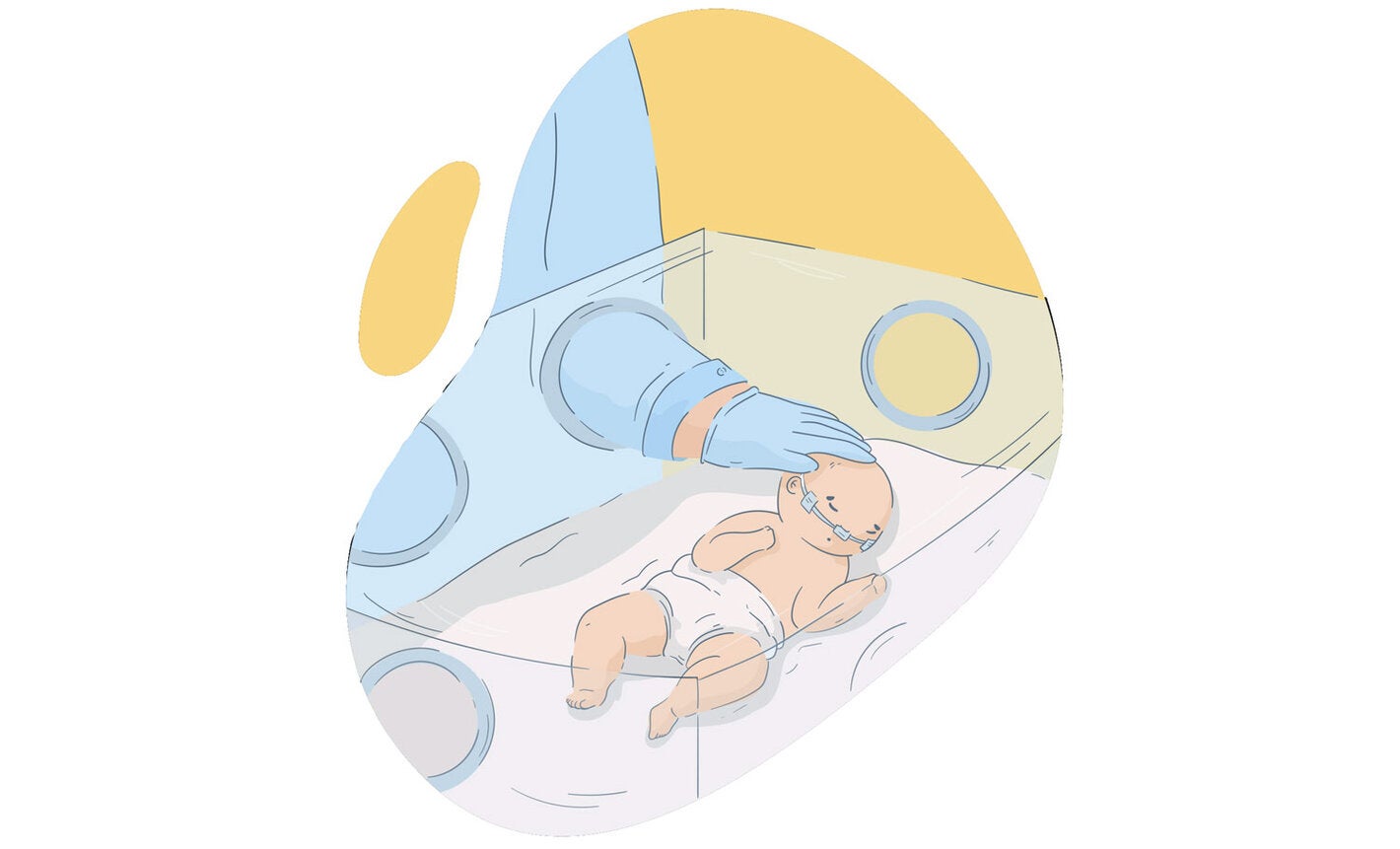
Montevideo, February 25, 2022 (/PAHO) – Continuing with its work in the region in accordance with the Sustainable Health Agenda for the Americas to reach the target of an average neonatal mortality rate of 7 per 1,000 live births by 2030, the Latin American Center for Perinatology, Women's and Reproductive Health (CLAP) proposes 10 evidence-based policies to map out a roadmap to attain it.
Over 10 million births are registered in Latin America and the Caribbean each year. Many of the 115,781 infant deaths reported in 2019 occurred during the neonatal period, with infant and neonatal mortality rates reported as 14.8 and 9.3 per thousand live births, respectively.
PAHO calls for strengthening the political agenda with the leadership of governments and other actors to accelerate processes aimed at achieving health outcomes in newborns by improving care and prevention strategies. A significant proportion of the deaths, diseases and disabilities recorded in the neonatal period can be prevented through comprehensive policies that contemplate effective interventions and with the participation of all key actors,” explains Pablo Durán, PAHO's regional advisor on perinatal health.
The 10 key actions mentioned range from ensuring universal lifetime health coverage, to providing quality and respectful care and advice on breastfeeding during pregnancy, to key early interventions at birth, such as timely umbilical cord ligation, skin-to-skin contact, the early initiation of exclusive breastfeeding and the Child-Friendly Hospital Initiative, among others.
The working paper is aimed at policymakers, health legislation and health care providers, managers, researchers, international cooperation agencies, civil society and advocates working to improve newborn health outcomes at the subnational, national and regional levels, with the aim of developing a roadmap towards their implementation.
This document is presented in the context of prioritized activities in neonatal health, including the 28-Day, Time to Care and Love Campaign.



